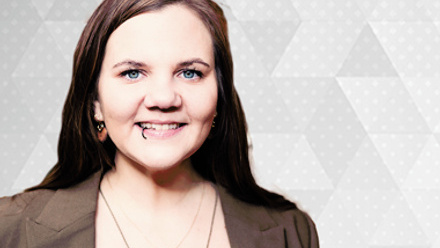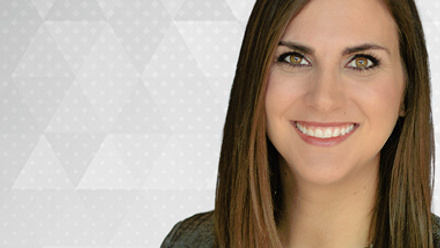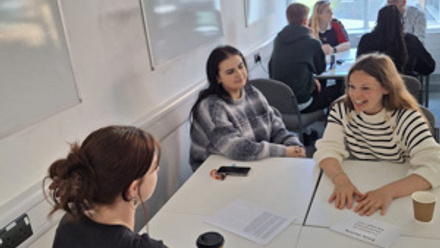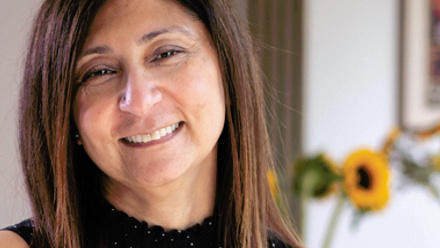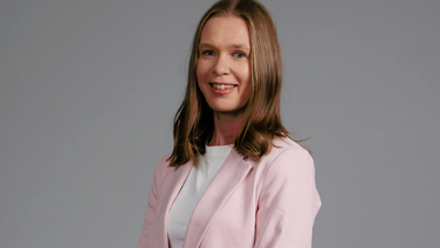How did you end up working in internal comms?
I bounced around between a number of different retail and administrative jobs early in my working life. Eventually I ended up in a role where, alongside doing other admin things, I was given some tactical communications responsibilities. It was work I enjoyed, so I looked to move into a full-time communications role.
The first communications role I secured happened to be internally focused. It was with a charity called Age Concern, and I really enjoyed it. In particular, I liked the fact that I felt so closely connected to the audience, and that then became the basis for my next few moves.
Why did you choose to pursue becoming a Fellow?
I’ve had an interest in the professionalisation of internal communication for some time. I believe that it’s an area of management where there is enormous potential for impact, but only if, as experts in this field, we collectively commit ourselves to shared standards that are rooted in strong knowledge of what is really effective.
I’ve tried to live that belief through my studies, my practice and my volunteering, as well as latterly through my teaching with the IoIC Masters in Internal Communication Management programme. Fellowship is a natural extension of this for me – it’s a badge of my dedication to the advancement of internal communication.
I’m enormously proud to be part of a community of practitioners that is taking the profession forward.
Can you share some valuable lessons you’ve learnt over the course of your career?
Absolutely. I’ve had roles in corporate communications, marketing, strategy and (currently) membership, and one reflection I’ve noted throughout them all is that communication skills are always helpful in any management role, and that other management skills can be equally helpful in IC. For example, if you’ve run a large budget area, then you’ll be better equipped to communicate on finance issues. The lesson there is that it can be helpful to try and achieve some breadth as well as depth in your professional development.
Something else that comes to mind is that we don’t operate in a lab environment – in any situation, there is an almost uncountable number of variables. The challenge for the professional communicator is working out which ones are most salient to the task in hand, and predicting what practices will be effective based on that analysis. There are rarely any “sure bets”, but you can increase your success rate by looking at things that way.
Earlier this year you stepped down as a board member for IoIC – how did you find your time in this role?
I enormously enjoyed my six years as a board member. As much as anything, being involved in the running of a professional body before joining my current organisation (which is a professional body) was brilliant preparation. Beyond that, it enabled me to work closely with some excellent people, including fellow board members and IoIC’s HQ team.
I also got involved in a range of projects, including improving our approach to EDI, developing guidance on IC strategy and being part of the governance group. It has added a huge amount to my knowledge and skills.
There continues to be strong interest in serving on the board from members, which is something I’m really glad to see.

